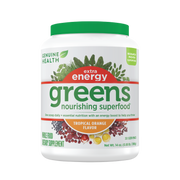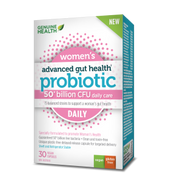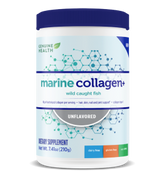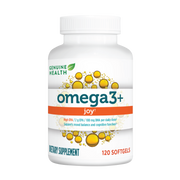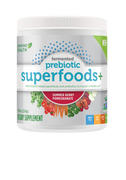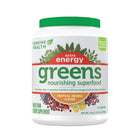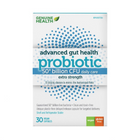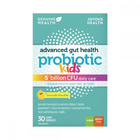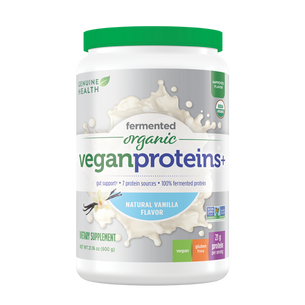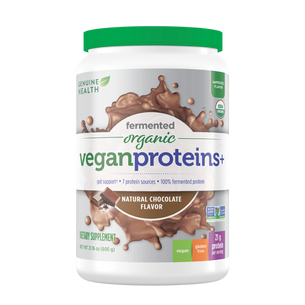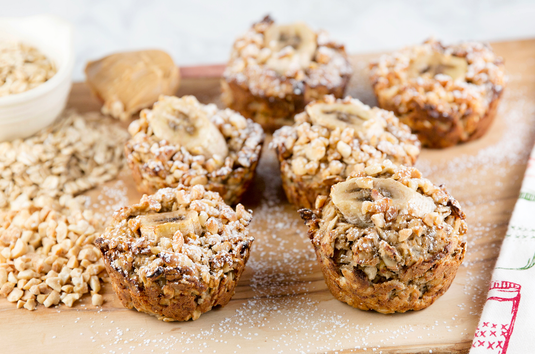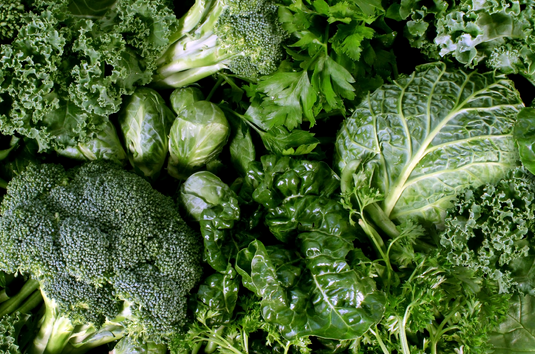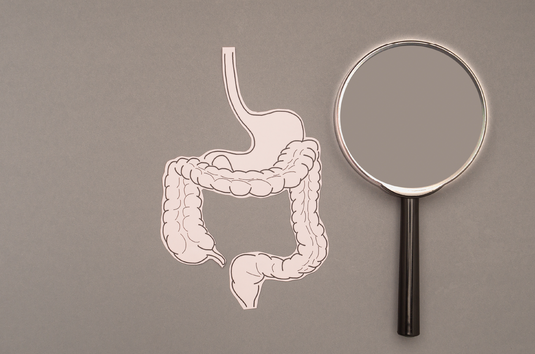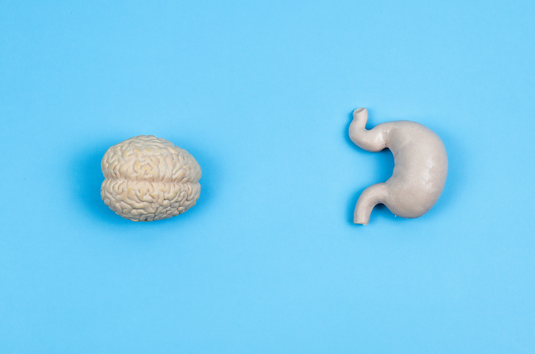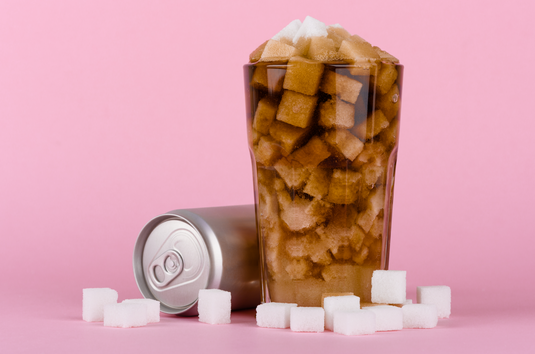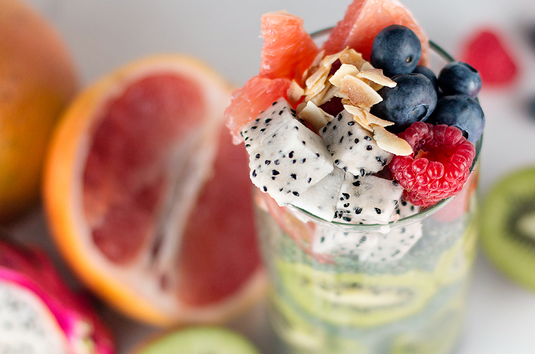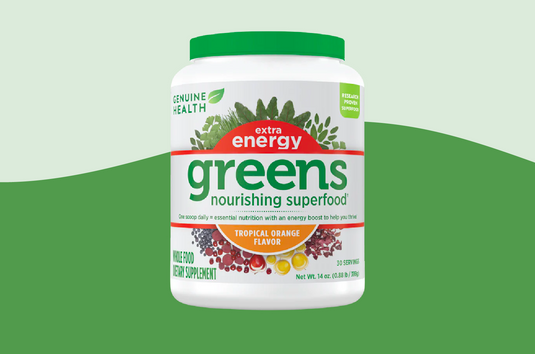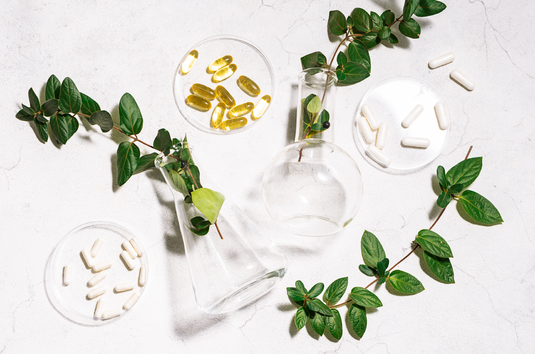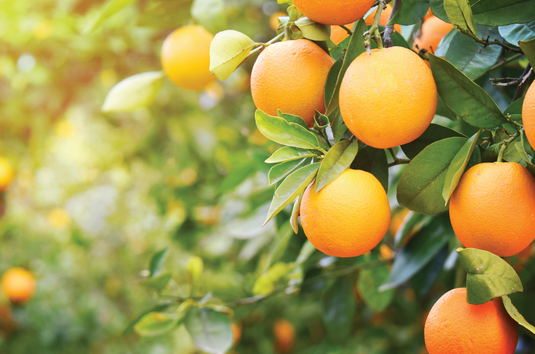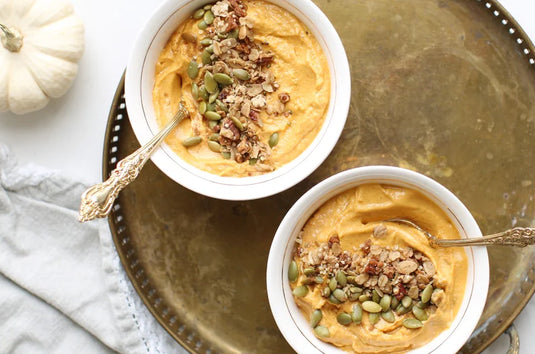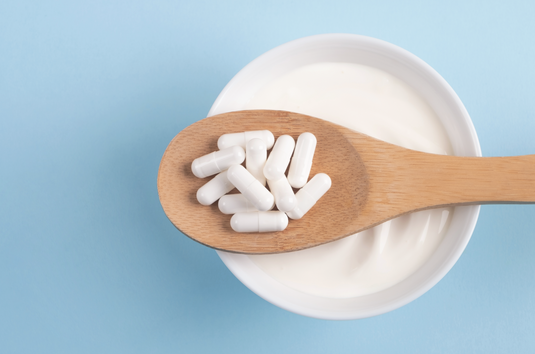Fermentation 101
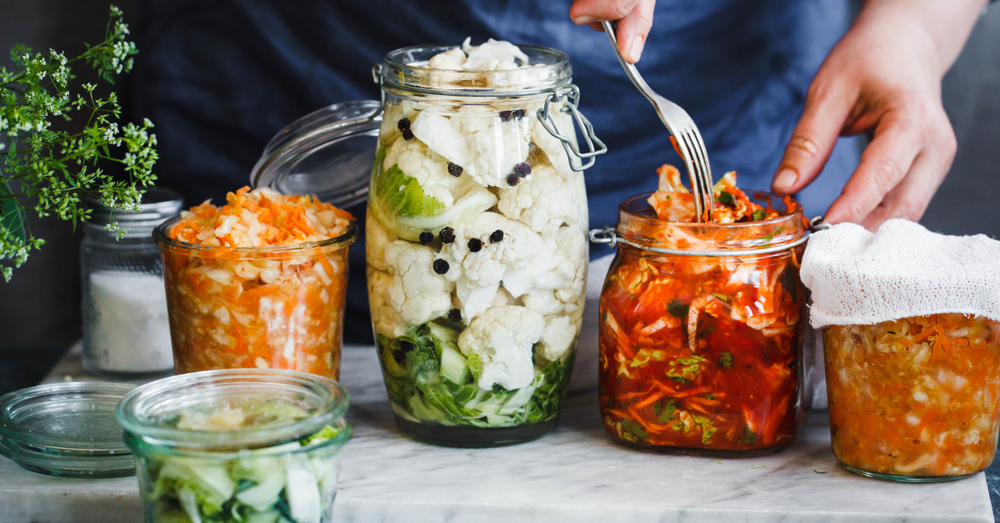
First of all – what is fermentation, anyway?
Great Question! Fermentation is a really cool process. One that happens organically in nature and intentionally in controlled environments! We have all encountered fermentation before whether we know it or not – fermentation is responsible for both a lovely glass of wine, and freaky “science experiments” left in the back of the fridge too long.
Quick chemistry lesson: Fermentation is a natural metabolic practice that converts a carbohydrate, (i.e. sugar), into an alcohol or an acid. There are certain substances that initiate and carry out the fermentation process – including bacteria and yeast. For example – beer relies upon yeast as the catalyst in the fermentation of the sugars from a mash of specific ingredients that creates its unique flavour, alcohol content and carbonation. The making of yogurt entails the use of certain strains of bacteria that partially digest the milk – creating lactic acid in the process which is responsible for the characteristic sour tang and thickened consistency of yogourt.
How does Fermentation improve our nutrition?
The process of fermentation removes anti-nutrients such as phytates and lignans that act like a metal mesh around the nutrients in foods – amino acids, minerals and other nutrients, which wreak havoc on the digestive system. During fermentation – this mesh is disarmed so the nutrients are liberated and ready for absorption. Fermentation increases the production of new antioxidant chemicals - more powerful and better absorbed than polyphenols in unfermented food and beverages.
Put simply, thanks to fermentation, nutrients are ready for absorption.
How does fermentation benefit our health?
Fermentation is beneficial to our “microbiota” ie: "the ecological community of commensal, symbiotic and pathogenic microorganisms that literally share our body space1”. We exist in harmony with these microbes – on our skin, in our organs and there are a variety of strains in our digestive systems. Fermentation is a part of our body’s daily metabolic activity. Strains of yeast and bacteria exist on and inside of us – with a proportion of them as our “mutualists”, meaning that our coexistence benefits both us and the health of the microbes. In fact, for every cell we have in our body, we have 10x the bacteria, giving us what some microbiologists refer to as a “second genome”.
Unfortunately, yeast and bacteria can sometimes get a bad rap, and aren’t always embraced by a society obsessed with anti-bacterial cleansers, Candida diets, and over sanitization – which contributes to the increase of some modern diseases! In actuality, yeasts and bacteria serve a major purpose in our body’s health – and incorporating them into our diet is integral to our health.
So….. how do I get the benefits of fermentation?
While traditional diets were up to 30% fermented, in today’s world, it’s not very realistic for it to make up that much of your diet. Some fermented foods like sauerkraut, kimchi, kombucha, miso, and natural sourdough breads can be incorporated in your diet for a dose of fermented fare, but supplementation is an easier and time-efficient way to increase your intake. In fact, the plant and whole-food based ingredients used in high-quality supplements fermented using traditional techniques have been shown to provide specific health benefits!
“Research indicates that fermented botanical preparations provide a more pronounced in vivo anti-inflammatory influence vs. their unfermented counterparts and fermented herbal ingredients have been reported to be more effective for antioxidant support, bone health, immunity, and protection of the intestinal lining.” – Dr Alan Logan, ND
Try adding a scoop of fermented whole body NUTRITION or fermented vegan proteins+ to your morning smoothie as an easy way to increase your intake of healthy bacteria. Or – take a delicious fermented vegan protein bar in your bag or car to get the benefits on-the-go!
What are the benefits to prebiotics versus probiotics?
Both prebiotics and probiotics are important factors to a healthy gut and they work together to nourish the gut flora. A healthy gut helps improve overall health through immune and digestive support; preventing allergies, gas, bloating and constipation; producing some vitamins, absorbing minerals and eliminating toxins.
Prebiotics prep the gut for healthy ecology. Prebiotics are fibre-rich food ingredients that are typically difficult for humans to digest. Prebiotics specifically encourage the growth of beneficial microbes (probiotics). For example, a fermented prebiotic - VitaFibreTM (Isomaltooligosaccharides) - supports the proliferation (or growth) of probiotics.
Now for the probiotics. Probiotics are specific microbial strains with different benefits dependent upon the strain used. In greens+ we use 8 strains of probiotics to provide a daily source of probiotics to get and keep your gut healthy. Some people may require other specific strains for a period of time if they have health issues they are looking to address. Certain strains may benefit immunity, others an irritable bowel, others allergy and skin, others travelers tummy and so on.
How do fermented foods fit into gut health?
Fermented foods/ingredients are transformed by microbial action. The transformation increases the nutritional quality and the food or food ingredient may include both prebiotics and probiotics within it. Fermented foods/ingredients can transform gut ecology in a beneficial direction. For example, even though fermented foods may not contain Bifidobacterium (a highly beneficial microbe family), they are capable of promoting the growth of Bifidobacterium within the gut. Put simply, fermentation in nutrition is a primary factor in the promotion of an entire beneficial intestinal microbial ecosystem. Probiotics, although important, are a narrow piece of the gut ecology discussion and need to be supported with prebiotics and fermented foods for optimal gut health. greens+ whole body NUTRITION and fermented Vegan proteins+ are two convenient ways to add more fermented foods to your daily diet!
What about the fermentation process – aren’t all fermented products equal?
Traditional fermentation techniques are the best way to harness the unique health benefits that fermentation has to offer. How does Genuine Health’s technique measure up?
- We use a carefully controlled and methodical process to avoid uncontrolled fermentation – the nutritional advantages of fermentation can be lost/undone by uncontrolled fermentation
- Years of artisanal experimental work have perfected the process used by our experts – they know precisely when to stop the fermentation process in the blend
- Once dried, we ensure a stable finished product, devoid of any undesirable microorganisms – research shows this is effective in powder form
As mentioned, the ability of a fermented food or product to promote the growth of beneficial microbes in the gut is NOT predicated on there being live Bifidobacteria etc. in the food or product.
Resources:
1Lederberg, J; McCray, AT (2001). "'Ome Sweet 'Omics—a genealogical treasury of words". Scientist 15: 8.



